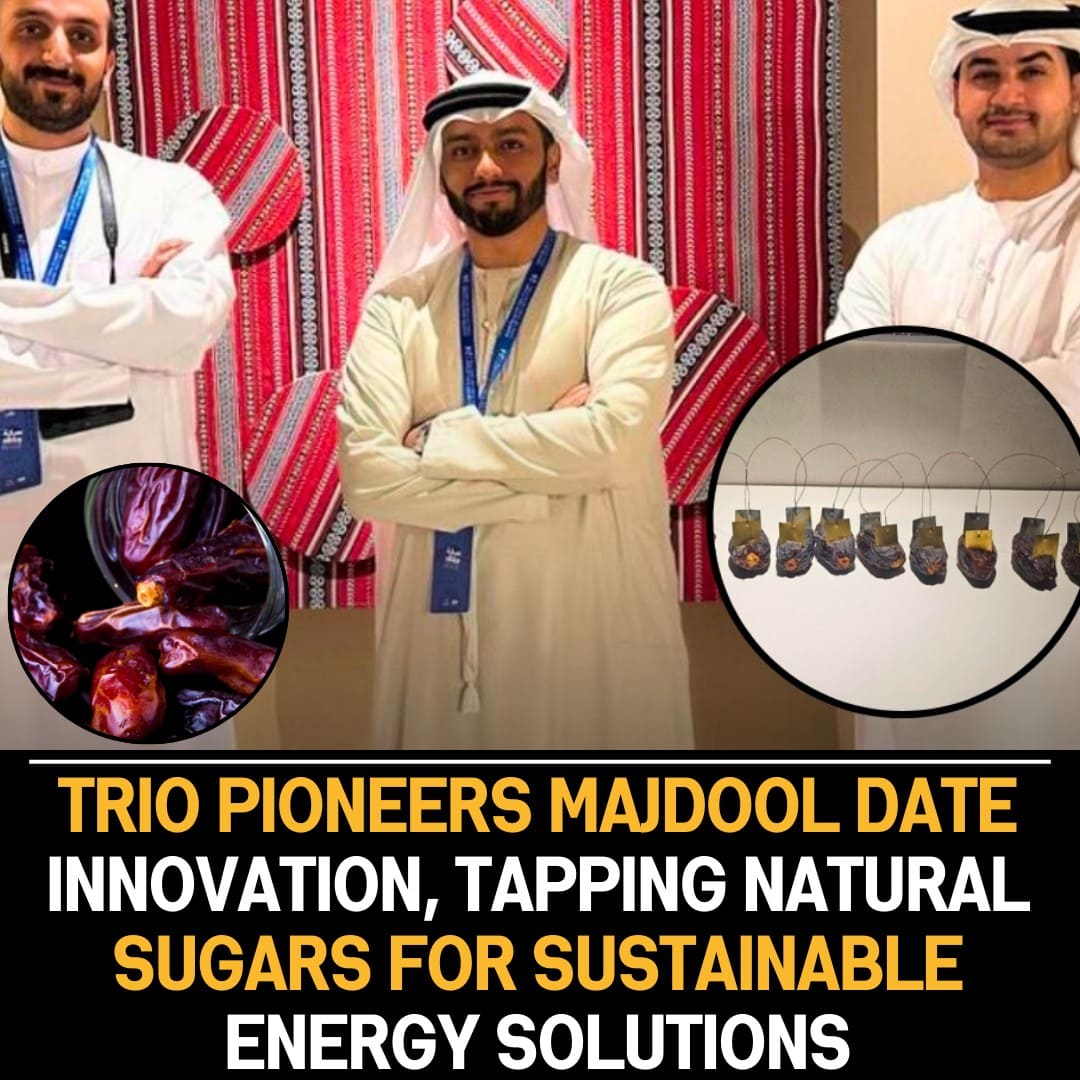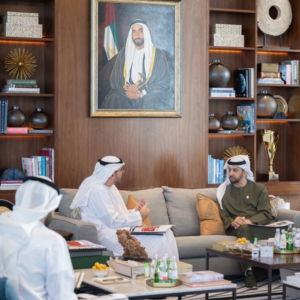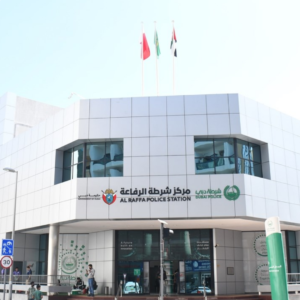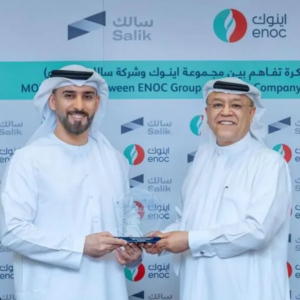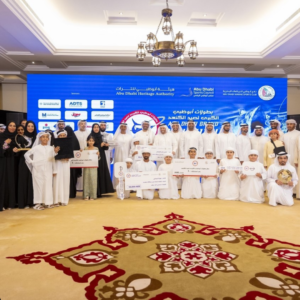In a groundbreaking initiative, an inventive trio has set out to revolutionize the energy landscape by harnessing the power of Majdool dates. This innovative approach taps into the natural sugars present in these dates, paving the way for sustainable solutions and marking a significant stride towards cleaner and eco-friendly energy alternatives.
Majdool dates, renowned for their rich sweetness and nutritional benefits, are now emerging as a source of renewable energy. The inventive trio’s vision lies in unlocking the potential of these dates to create a sustainable energy source that can be harnessed for various applications.
The process involves extracting and harnessing the natural sugars present in Majdool dates. These sugars serve as a potent source of energy, providing a renewable and eco-friendly alternative to traditional energy sources. The ingenious application of bioenergy from dates not only offers a sustainable solution but also addresses concerns related to the environmental impact of conventional energy production.
One of the key advantages of this approach is the abundance of Majdool dates in certain regions. Leveraging locally available resources enhances the sustainability of the energy production process, minimizing the need for extensive transportation and reducing the overall carbon footprint associated with energy generation.
Moreover, the utilization of Majdool dates for energy production aligns with the principles of circular economy and waste reduction. By repurposing a byproduct of date farming, the initiative contributes to reducing agricultural waste while simultaneously generating valuable energy resources. This dual impact underscores the potential of innovative solutions in addressing both energy needs and environmental challenges.
The inventive trio’s commitment to eco-friendly energy extends beyond the technical aspects of energy production. The initiative emphasizes community engagement and awareness, aiming to educate local communities about the benefits of sustainable energy solutions and promoting a sense of environmental responsibility.
As the project gains momentum, it is expected to have far-reaching implications for both local communities and the broader energy industry. The successful implementation of this innovative approach could serve as a model for sustainable energy practices, inspiring similar initiatives worldwide and contributing to the global transition towards cleaner and greener energy alternatives.
In conclusion, the inventive trio’s utilization of Majdool dates for sustainable energy marks a remarkable step towards cleaner and eco-friendly solutions. By tapping into the natural sugars of these dates, the initiative not only offers a renewable energy source but also addresses environmental concerns, promotes circular economy principles, and fosters community engagement. As the world seeks sustainable alternatives, this inventive use of Majdool dates demonstrates the potential for unconventional sources to power a cleaner and greener future.

